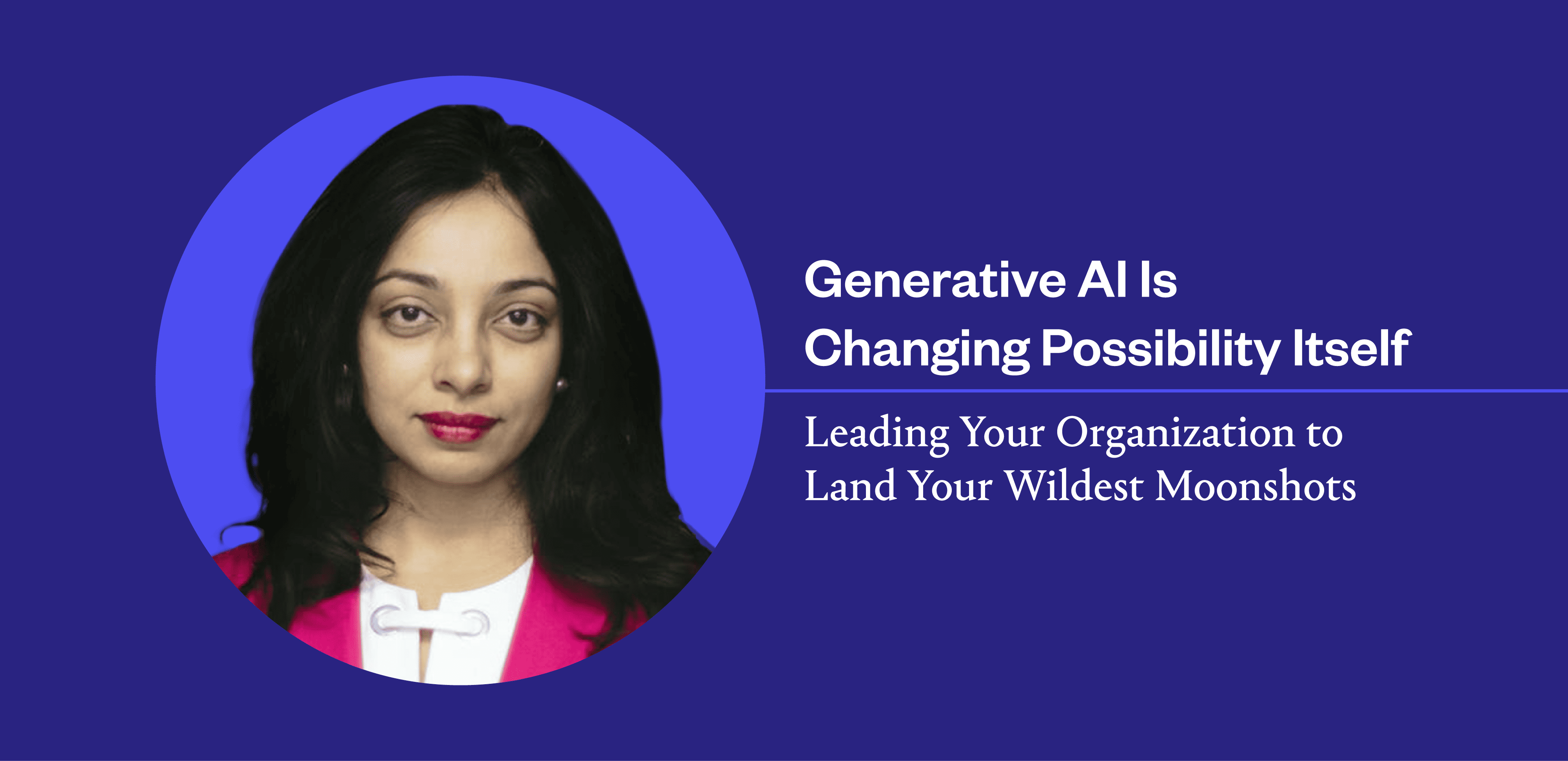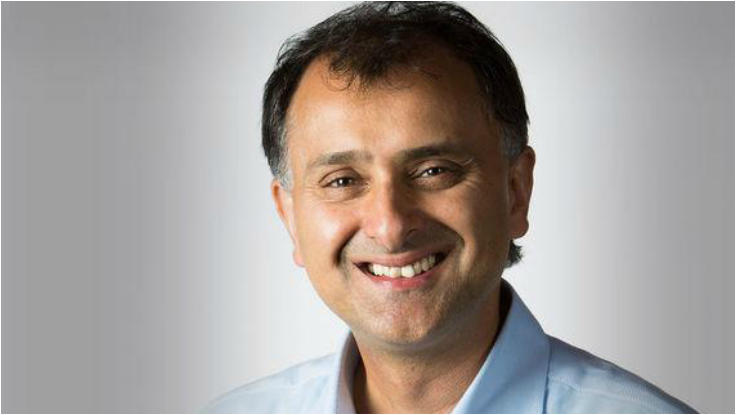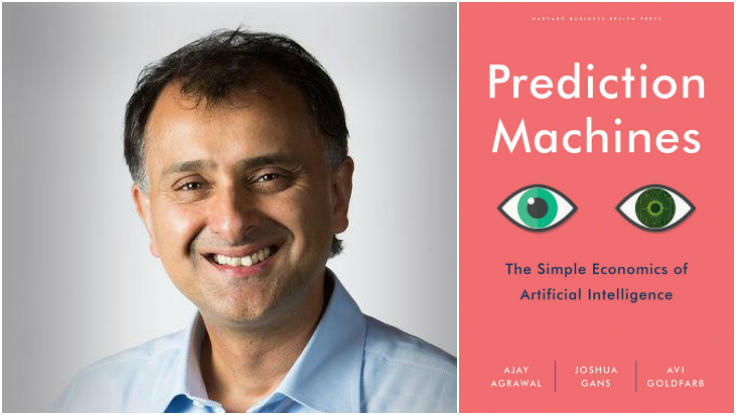If you’re still thinking of ChatGPT as a simple tool for productivity, you’re thinking too small, says Radhika Dirks. The power of generative AI has brought our wildest and most ambitious projects within reach—in half the time and at a fraction of the budget.
Radhika is one of the world’s foremost voices on the human implications of AI—what this technology means for us, and how we can turn it to our advantage. In powerfully hopeful talks, she illuminates the limitless possibilities of generative AI in every field, then breaks down the strategy and tactics that every business leader needs to gain an edge in the AI future.
Every moonshot needs stepping-stones, Radhika says—you don’t get to Mars in one leap. You have to try different paths and pick up expertise in different fields, which can be an expensive and time-consuming process. But with generative AI, which draws from diverse sources of information across the internet, you can achieve these stepping-stones almost for free.
“What used to take billions of dollars now takes thousands of dollars, or even hundreds,” Radhika says. “And most people don’t realize that. They’re still looking at what productivity tools they can use. But generative AI is so much bigger than that.”
Watch Radhika explain the “first big wave” of generative AI, and what this explosion of creativity means for leaders and innovators.

























